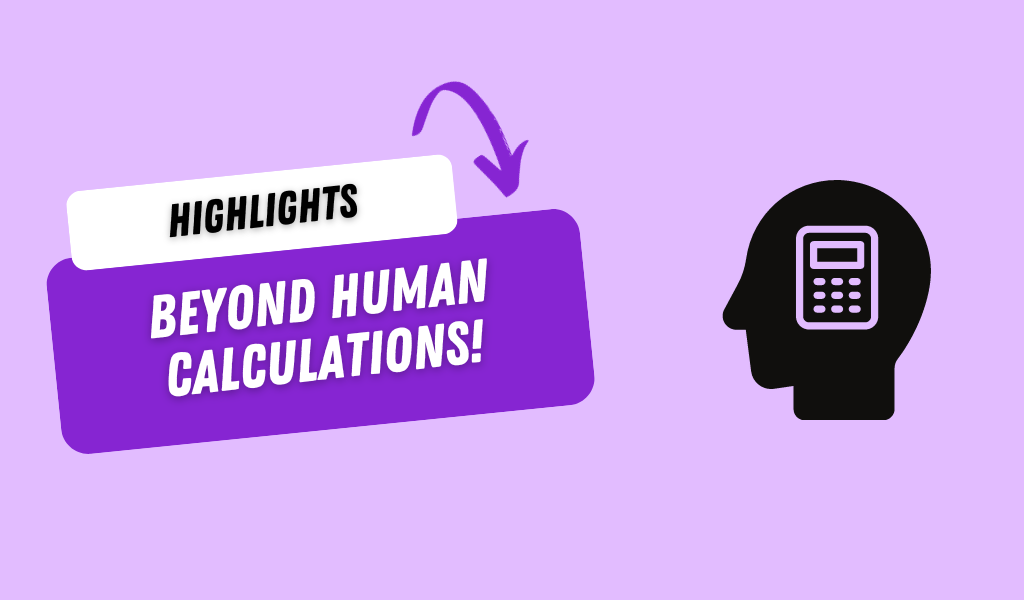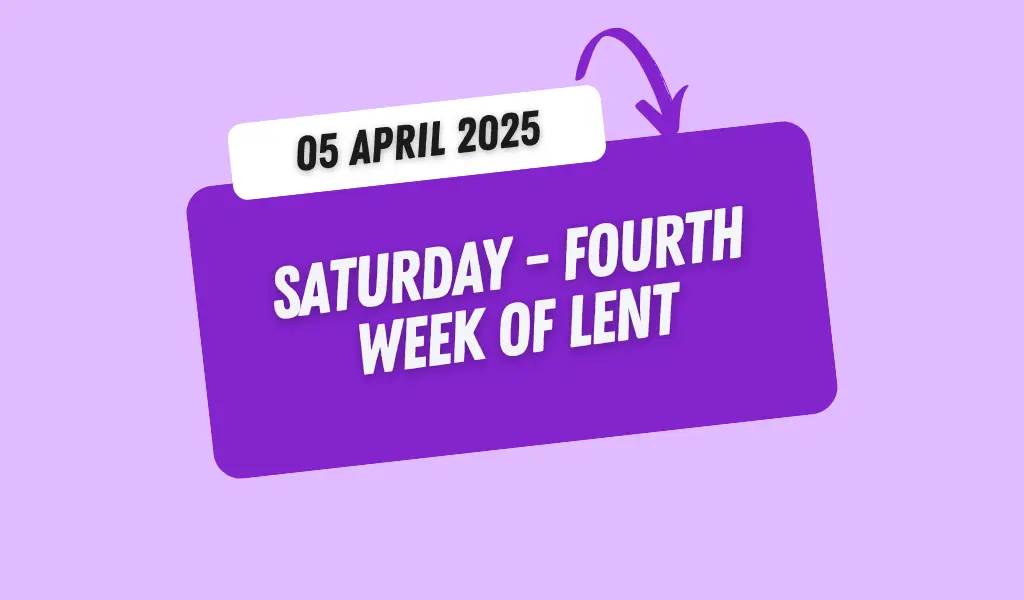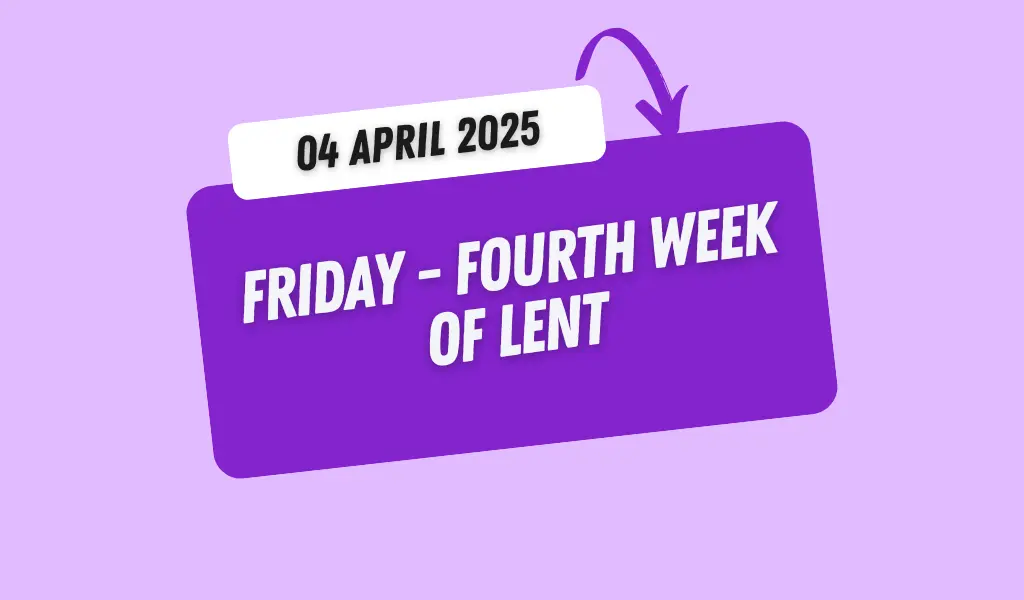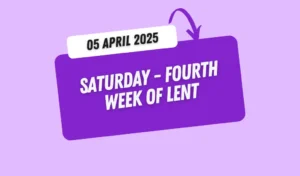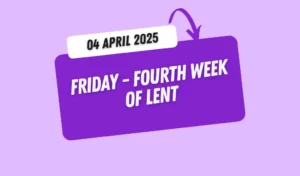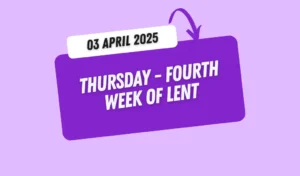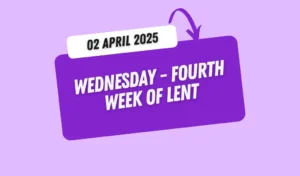1st Week in Ordinary Time
13th January 2024 (Saturday)
Psalter: Week 1
Reading of the Day
First Reading: 1 Samuel 9:1-4, 17-19; 10:1a
There was a man of Benjamin whose name was Kish, the son of Abiel, son of Zeror, son of Becorath, son of Aphiah, a Benjaminite, a man of wealth. And he had a son whose name was Saul, a handsome young man. There was not a man among the people of Israel more handsome than he. From his shoulders upwards he was taller than any of the people. Now the donkeys of Kish, Saul’s father, were lost. So Kish said to Saul his son, “Take one of the young men with you, and arise, go and look for the donkeys.” And he passed through the hill country of Ephraim and passed through the land of Shalishah, but they did not find them. And they passed through the land of Shaalim, but they were not there. Then they passed through the land of Benjamin, but did not find them. When Samuel saw Saul, the Lord told him, “Here is the man of whom I spoke to you! He it is who shall restrain my people.” Then Saul approached Samuel in the gate and said, “Tell me where is the house of the seer?” Samuel answered Saul, “I am the seer. Go up before me to the high place, for today you shall eat with me, and in the morning I will let you go and will tell you all that is on your mind.” Then Samuel took a flask of oil and poured it on his head, and kissed him and said, “Has not the Lord anointed you to be prince over his people Israel? And you shall reign over the people of the Lord and you will save them from the hand of their surrounding enemies.”
Psalm 21:2-3, 4-5, 6-7 (R. 2a)
R/. In your strength, O Lord, the king rejoices.
Alleluia
V/. Alleluia R/. Alleluia
V/. The Lord has anointed me to proclaim good news to the poor; to proclaim liberty to the captives.
R/. Alleluia
Gospel: Mark 2:13-17
At that time: Jesus went out again beside the lake, and all the crowd was coming to him, and he was teaching them. And as he passed by, he saw Levi the son of Alphaeus sitting at the tax booth, and he said to him, “Follow me.” And he rose and followed him. And as he reclined at table in his house, many tax collectors and sinners were reclining with Jesus and his disciples, for there were many who followed him. And the scribes of the Pharisees, when they saw that he was eating with sinners and tax collectors, said to his disciples, “Why does he eat with tax collectors and sinners?” And when Jesus heard it, he said to them, “Those who are well have no need of a physician, but those who are sick. I came not to call the righteous, but sinners.”
Daily Gospel Reflection
Highlight: Authority: Beyond human calculations!
Guidlines: God’s ways and choices are not always comprehensible. Many times His designs are upsetting and unconventional but no one can question the wisdom in them
1. God chooses Saul as the king of Israel at the adamant request of the people. But why does He choose him? Is it just because he was very handsome, well-built and strong?
2. Certainly not; because God is least bothered about the externals. Does not God know that later on, Saul would turn malevolent going against God’s heart?
3. In the gospel too Jesus chooses Levi, a tax collector as one of his twelve apostles. Certainly, it was not a bright choice, nor a right one.
4. Levi was labelled as a sinner due to his job as a tax collector. He was despised by society. But Jesus calls him to follow him to be his disciple. What are his criteria?
5. We are not fully clear of Jesus’ criteria. But we can be sure that the criteria of Jesus are not at all in tune with the criteria of the world.
6. It is not social status or dignity. It is not a high level of the family. It is not the person’s good looks. It is not intelligence. It is not competence. If these were to be the criteria, many of the clergy and religious would not stand the test.
7. It is ultimately God’s benevolent choice. It is His selfless love that wants to be in solidarity with us. It is His sharing love that wants to make us His companions and friends.
8. That is why he freely and happily eats with tax collectors and sinners. He calls the sick, and not the healthy. He chooses the sinners and not the righteous.
9. However, He has a purpose, a goal. He entrusts us with his own mission. It is to spread His kingdom of love, justice, joy, and peace. For belonging to him, for following him, there are no conditions or criteria.
10. All are welcome! What we are before the call is not the matter. What we will become in his following is what matters the most.
Practice: Instead of wasting time in reasoning out the criteria for God’s choices and actions, it is better to understand His will and expectations in calling us and strive to live worthy of His call
